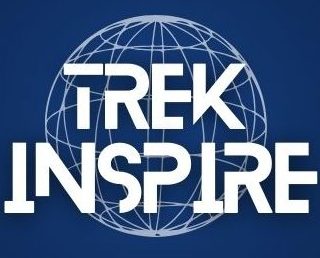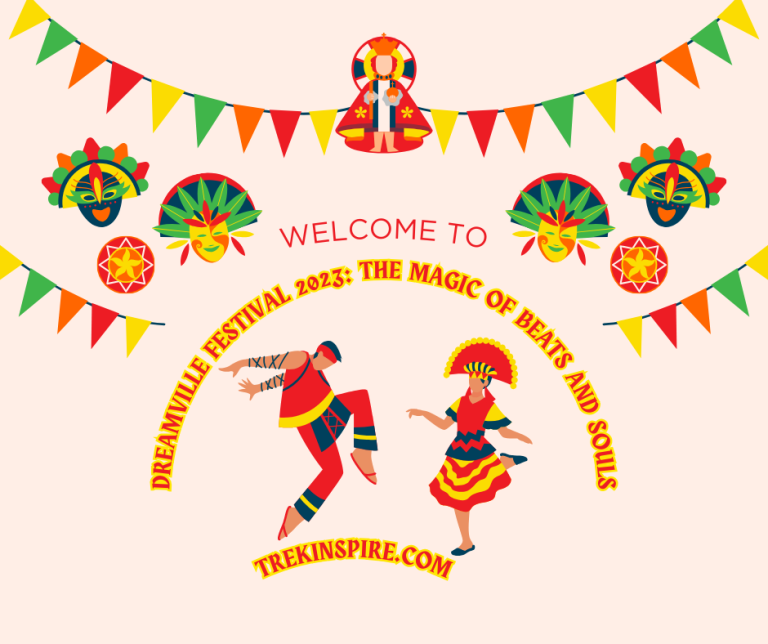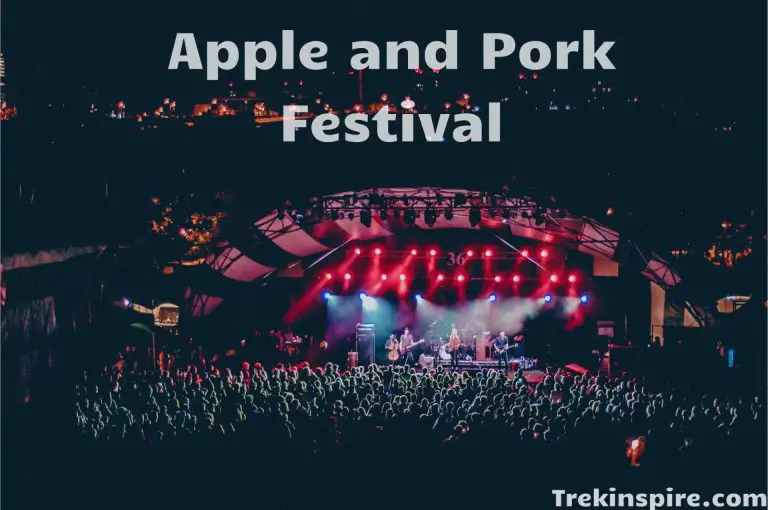Chicago Humanities Festival Guide to Location, and Ticket info

The Chicago Humanities Festival is one of the most celebrated cultural events in the United States. It brings together thinkers, artists, writers, and audiences in an inspiring space for conversations that matter. From literature to politics, and from science to history, the festival creates dialogue that shapes our understanding of humanity. For those who love knowledge and ideas, the festival is a must-attend experience that feels alive with curiosity. Just like DemonicScans org: Guide to the Popular Manga Platform introduces fans to a world of imagination, this Humanities Festival introduces participants to a world of ideas.
What Type of Festival Is It?
The Chicago Humanities Festival is an intellectual and cultural festival. It is not about music or food alone, but about ideas. The event is focused on humanities—subjects that explore what it means to be human. You will find discussions on history, literature, philosophy, religion, social issues, technology, and art.
The purpose is to inspire learning outside classrooms. It creates a meeting place where experts and audiences exchange ideas freely. It is both fun and educational. While many festivals celebrate entertainment, this festival celebrates curiosity and conversation.
Location of the Festival
The Chicago Humanities Festival takes place in Chicago, Illinois, across many venues in the city. It uses theaters, museums, universities, and cultural centers to host sessions. Some past events have been at the Art Institute of Chicago, the Harris Theater, and Northwestern University.
The city itself adds energy to the festival. Chicago has long been a hub for culture, theater, and intellectual life. The festival uses the city’s diversity to connect with wider audiences. Visitors enjoy not only the sessions but also the chance to explore Chicago’s architecture, museums, and vibrant neighborhoods.
Here is a simple table showing some popular venues used in the festival:
| Venue Name | Location in Chicago | Type of Events Hosted |
|---|---|---|
| Harris Theater | Millennium Park | Lectures, Performances |
| Art Institute of Chicago | Downtown Chicago | Conversations, Exhibits |
| Northwestern University | Evanston Campus | Academic Talks, Panels |
| Chicago Public Library | City Center | Public Discussions, Readings |
Who Organizes This Festival?
The Chicago Humanities Festival is organized by a nonprofit organization of the same name. The group began in 1990 when a small one-day gathering turned into something much bigger. Over the years, the team expanded its vision to create a yearly event that is now nationally recognized.
The staff and board include scholars, artists, cultural leaders, and business professionals. They work together to bring diverse voices to the stage. Many universities, foundations, and cultural groups support the event. This partnership helps the festival reach thousands of people every year.
The organization’s mission is simple but powerful: connect people to the ideas that shape and define our lives. They achieve this by offering programs that are both accessible and thought-provoking.
Dates and Times
This Humanities Festival is not limited to one weekend. It takes place across different times of the year. Traditionally, it has a Fall Festival and a Spring Festival, with extra programs scattered year-round.
The Fall Festival is the largest, usually spread over weeks in October and November. The Spring Festival often occurs in April or May. Between these major sessions, the organization also hosts smaller lectures and digital events to keep audiences engaged.
Here is a table that gives a general idea of timing:
| Season | Months Held | Style of Programming |
|---|---|---|
| Spring Festival | April – May | Talks, Workshops, Artistic Performances |
| Fall Festival | October – November | Keynotes, Panels, Large Gatherings |
| Year-Round | Varies | Online Events, Community Programs |
The dates change each year, but the pattern remains consistent. Visitors can check the official website for schedules and ticket sales.
Where to Buy Tickets?
Tickets for the Chicago Humanities Festival can be purchased directly from the official website, chicagohumanities.org. The site lists all the programs, prices, and locations.
Most events are priced affordably to make them accessible. Students, educators, and seniors often receive discounts. Some community events may even be free. For popular sessions, tickets sell quickly, so it is wise to buy them in advance.
Sometimes, partner venues like the Harris Theater or the Art Institute of Chicago also provide tickets for specific events. Online booking is the easiest way, but in-person ticket counters are available at certain venues.
Performers at Chicago Humanities Festival

The Chicago Humanities Festival does not feature traditional performers like a music festival, but instead brings intellectual performers—authors, actors, scholars, poets, and public figures. These are people who perform with their words, ideas, and insights.
Over the years, many well-known names have graced the stage. Past participants have included former President Barack Obama, author Margaret Atwood, musician Common, and writer Ta-Nehisi Coates. The mix is always diverse, ensuring every audience member finds something inspiring.
These “performers” come from fields like:
- Literature and Poetry
- Politics and Public Policy
- Film and Theater
- Music and Visual Arts
- History and Social Sciences
Here is a table showing some past speakers:
| Name | Profession | Topic of Contribution |
|---|---|---|
| Margaret Atwood | Author | Literature and Society |
| Ta-Nehisi Coates | Writer and Thinker | Race, History, and Culture |
| Common | Musician and Actor | Arts, Activism, and Identity |
| Salman Rushdie | Author | Global Literature |
| Patti Smith | Musician and Poet | Creativity and Life |
Why the Festival Matters
The Chicago Humanities Festival is more than an event. It is a movement that values curiosity and community. It provides a safe space to ask difficult questions and listen to new ideas. In an age where digital distractions dominate, the festival reminds people of the power of face-to-face conversations.
The festival also has a strong impact on education. Many sessions connect with local schools and colleges. Students attend talks and meet writers they read in class. This creates a bridge between formal education and public discussion.
Another reason the festival matters is inclusivity. It strives to bring underrepresented voices to the stage. By doing this, it enriches the cultural landscape of Chicago and inspires broader understanding.
Digital and Online Reach
In recent years, the Chicago Humanities Festival expanded into digital spaces. Many talks are available online, allowing global audiences to participate. Recordings and live streams make it possible for people who cannot travel to Chicago to still join the discussion.
Social media channels also spread the festival’s reach. Platforms like YouTube and Instagram host clips, interviews, and behind-the-scenes content. This blend of live and digital ensures that the festival continues to evolve with technology.
It feels similar to how Gramhir.pro AI: Guide to This Powerful Image and Instagram Tool helps people navigate digital creativity. Both connect audiences to larger networks of knowledge and culture.
Conclusion
The Chicago Humanities Festival is one of the most important cultural gatherings in America. It blends learning, art, and community in a unique way. By creating conversations that matter, it strengthens our ability to think critically and act with compassion.
Whether you attend a lecture by a Nobel Prize-winning author, hear a musician speak about creativity, or join a panel on climate change, the festival always leaves you with new perspectives.
Tickets are easy to buy, the venues are diverse, and the programming is rich. The experience is not just about attending an event but about becoming part of a community of curious minds.
As the festival continues to grow, it remains a reminder that humanity thrives when people gather to share ideas. For Chicago and for the world, it is a celebration of the best in human thought and creativity.






